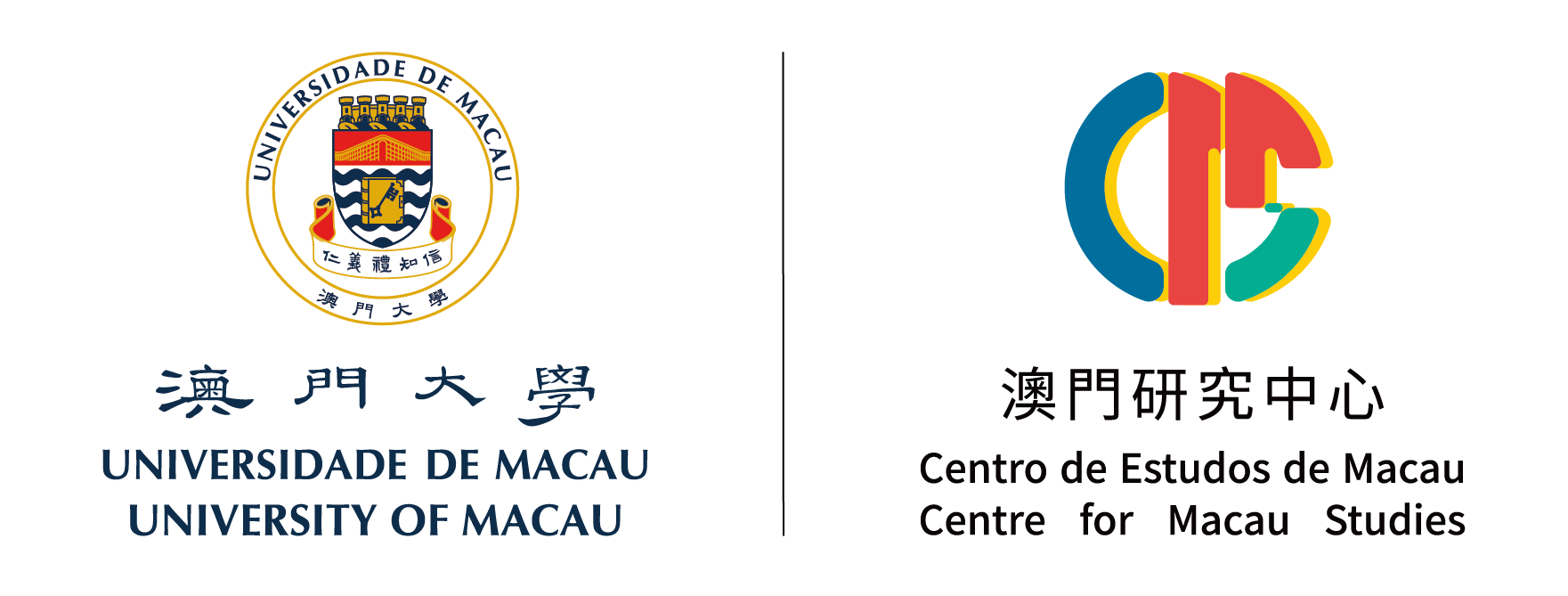

The University of Macau (UM) Centre for Macau Studies (CMS) today (28 May) signed a memorandum of understanding (MOU) with Caritas Macau, in order to improve the quality of social services and enhance collaboration between academia and social service organisations. According to the MOU, the two parties will carry out collaborations on scientific research, seminars, workshops, social services, mutual visits, and training. They will also establish mechanisms for the exchange and sharing of academic materials and information.
Agnes Lam, director of the CMS, and Pun Chi Meng, director-general of Caritas Macau, signed the MOU on behalf of their respective institutions. Two other representatives from Caritas Macau, as well as Brian Hall, a visiting associate professor in the CMS, also attended the ceremony.
In the past few years, the CMS and Caritas Macau have laid the groundwork for future collaborations in various aspects, such as academic research and seminars. They have jointly carried out a number of research studies, including a study on the current situation of people supported by the Macao Food Bank. The first phase of the study has been completed and the second phase is currently underway. In addition, the CMS and Caritas Macau are also jointly studying the mental health of non-local workers in Macao, in collaboration with the World Health Organization. During the collaboration, the CMS provide academic support for theoretical discussions, survey methods, and academic resources, while Caritas Macau coordinate the efforts of workers who are responsible for providing frontline services, community support, and resource integration.
Having worked together for many years, both parties believe that social services must keep pace with the demand for digitalisation and professionalisation in the current era. Social institutions should provide services based on scientific evidence and the results of theoretical research. Through conducting surveys in the community, the CMS and Caritas Macau have been collecting and analysing data on their service targets in order to find the most effective way to provide high-quality social services.

